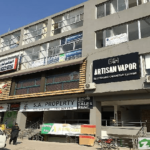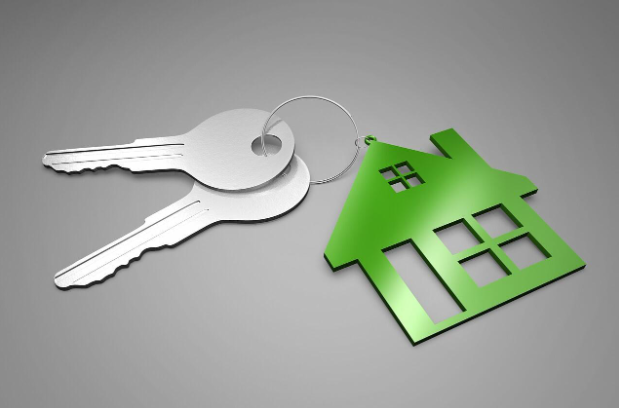A problem with a rental home’s plumbing needs to be addressed as soon as possible since it can lead to big problems down the road. A leaky pipe can cause severe water damage that could ruin floors, ceilings, cabinets, furniture, and carpeting. If this happens, the renter may be responsible for a “repair” bill that can run into thousands of dollars.
Some landlords are quick to try and shirk responsibility by blaming the renter and covering the cost of any necessary repairs. Keep in mind that a homeowner’s insurance policy generally does not cover a rental property, so if there is no insurance coverage, a renter may have to pay for everything out of his or her own pocket.
We know that Blocked drains Sydney is a major problem for home owners as blocked drains can cause damage to the home, create potential health risks, and degrade the aesthetics of the environment.
In a rental home, it is your responsibility to maintain and repair all the home’s plumbing.
- What you need to know about plumbing in a rental
- Who is responsible for plumbing issue repairs in a rental
- Who pays when you have a plumbing emergency in a rental
- Rental plumbing problems
An agreement for maintenance should be in place. This contract will outline who is responsible for what repairs. However, when renting, it is your responsibility to ensure that the home’s plumbing is in proper working order.
If you have rented a home and have noticed that there are problems with the plumbing, you will need to inform the rental agent. There will be a copy of the lease agreement with the rental agent. It is your job to read that agreement and determine whether or not you are responsible for maintaining and repairing the plumbing.
What you need to know about plumbing in a rental
- Check the bathroom fixtures before you move in: Find the main shut off valve that controls the water coming into and going out from the toilet, shower, tub, sink, and washing machine. Flush the toilet after turning off and check If water is still running, check the work to see where the leak might be.
Next, check the garbage disposal. Pull the disposer handle. If it spins, it is installed properly. If it chugs but doesn’t spin, just turn the disposer back up. If it grinds but won’t turn on, try adjusting the breaker. If your disposer won’t turn on at all, you may need to call a plumber.
- Consider installing a toilet tank leveler. A toilet tank leveler is a simple device that is screwed to the bottom of a toilet tank. It protrudes 1 1/2 inches into the tank to create a level surface, which helps prevent the bowl from
- Who is responsible for plumbing issue repairs in a rental?
A landlord has the option of hiring a plumber to deal with any plumbing problems, such as leaks or bad pipes, in the rental unit. A landlord may deduct the cost of work from the security deposit. If a tenant has damaged any plumbing in the unit, the landlord may deduct the cost of repairs from the security deposit.
- Is there a fee charged to make plumbing repairs in a rental?
Yes; the flat-rate maintenance fee covers the cost of plumbing repairs, but there’s a few exceptions. Some leases prohibit rental owners from cutting phosphates, which could harm plumbing and main drain.
- Are repairs covered in the lease agreement?
The plumbing repair marked in the lease agreement is the “primary” plumbing repair, which means that the tenant has to reimburse the landlord up to a certain amount for repairs. If the repair is done without the prior knowledge of the landlord (i.e., the tenant did not inform the landlord that water was leaking from the apartment or toilet), the tenant does not have to pay the amount specified in the agreement. Or the landlord may deduct the repair costs from the security deposit, if the repair involves structural damage to the apartment
- Rental plumbing problems
Renting a home can be a lot of work. The maintenance and upkeep of the home can be tough, as the landlord has to worry about keeping the home in good condition, and the tenant has to worry about keeping the home in good condition.
Add-ons to a home are often the responsibility of the tenant. However, when plumbing problems arise, the landlord has to deal with them.
Common plumbing problems in rentals include:
- Drain clogs
- Leaking pipes
- Burst pipes
- Hot Water
- Shower blockage drain
Drain blockages and clogged pipes are common plumbing problems in rentals. Usually, they are caused by a clogged sink or tub drain. Clogged pipes can often be fixed by pouring hot water down the drain. Burst pipes are often caused by freezing temperatures.
Leaking pipes are more difficult to fix. Often, the problem lies in the supply lines, such as a pipe running along the wall and leaking. Fixing this type of plumbing problem requires the replacement of the pipes, which can be expensive.
Conclusion
So, In a rental, who is responsible for plumbing repairs? It depends on which state you live in, but in most cases, many people think that only the landlord is responsible for plumbing repairs in a rental home. That’s not exactly true, though. If you’re leasing a home, the responsibility for plumbing repairs falls under your rental agreement. So if your sink is leaking and the rental owner claims they’re not responsible, you’ll need to dispute your claim. Read on for more information.







